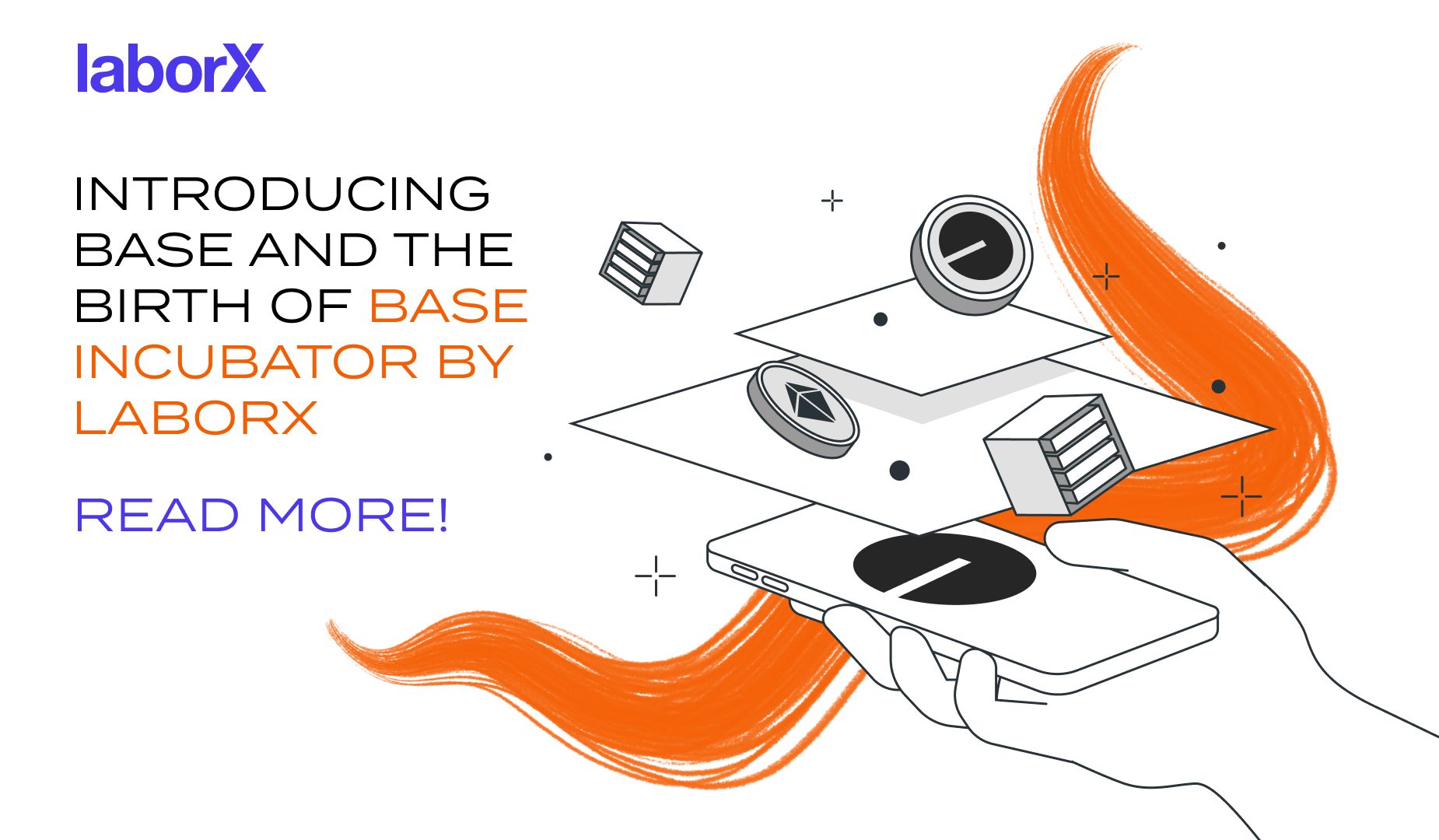
Embracing Change: HR in the World of Digital Assets
Hotcoin’s HR shares her journey from traditional industries to the world of Web3 and crypto, highlighting key insights on thriving in this space.
Read
Blockchain and cryptocurrency platforms experienced enormous interest through 2020, and demand for experienced professionals is growing with that trend.
After some initial skepticism, blockchain has firmly established itself as part of the landscape of web services, cementing its place as one of the key technologies of the future.
A high-growth sector, blockchain covers a broad range of disciples and opportunities for job-seekers. Whether you have a technical background or not, if you have the motivation and aptitude to learn your way around a new way of doing business, then there’s a role for you.
With the continuing growth of the blockchain sector, certain positions will continue to be in demand, providing opportunities for those with relevant skill sets.
1. Blockchain developers and architects will be required to build the underlying blockchain infrastructure that will power the applications of the future. This involves identifying the necessary functionality companies and use cases require, and either using existing platforms to access it, or building these features from scratch. Proficiency in multiple programming languages such as C++, Java, Node.js, JavaScript, Python, HTML and more will be useful, as will be familiarity with cryptography, consensus systems, computer security and various development processes.
2. Blockchain engineers design and build solutions using the blockchain. While they won’t need to develop the blockchain itself, they will need to be very familiar with how their chosen platform or platforms work, enabling them to get the most out of the technology. Blockchain engineers might need to know general purpose languages like Python (often used for blockchain applications) and Solidity or another smart contract language, as well as know their way around Bitcoin, Ethereum, Hyperledger and other blockchain platforms.
3. Blockchain web and app designers create the user interfaces for the software that uses blockchain, enabling people to access the technology behind the scenes through an easy-to-use frontend. While you won’t need a deep understanding of how the blockchain works, you’ll ideally need to be familiar with it enough to take into account the ways that having blockchain on the backend differs from a conventional software app, hiding unnecessary complexity from end users.
4. Blockchain project managers bridge the (sometimes considerable) gap between the company seeking to implement a blockchain solution, and the developers tasked with building it. They will take the company’s business needs and articulate this in the technical language that the developers need to build the software; similarly, they will explain the developers’ questions and concerns in terms that make sense to the business. As the vital planner and go-between, it’s their job to make sure deadlines are met and that there’s no ambiguity or mismatched expectations.
5. Blockchain data scientists pull data from the blockchain and parse it for insights, whether that means gaining a business edge or looking for illegal activity. You’ll be a proficient coder and highly capable of building your own analytics tools.
6. Blockchain quality engineers are responsible for all aspects of testing and quality, whether manual or automated, ensuring everything works exactly as it should.
7. Blockchain marketers figure out the best channels for spreading the word about new blockchain projects and established initiatives – whether that’s through grassroots community activity, social media presence, influencer marketing, conventional online advertising, content marketing or traditional media engagement. While there will be plenty of transferable skills you can apply from a more mainstream marketing role, there are nuances to the blockchain world that you’ll need to be aware of, such as the particular platforms and forms of content that the crypto community gravitates towards. (As these technologies go mainstream, of course, there won’t be such a clear delineation between the crypto community and regular users, but in the early stages it’s worth paying attention to.)
8. Blockchain communicators and content creators work hand-in-hand with a marketing team to provide material that helps a company or project explain its benefits. Content can take any form, from white papers and articles to films and social media messages.
9. Blockchain legal advisers and compliance experts are becoming vital roles for any company seeking to stay on the right side of fast-evolving regulation for the crypto and blockchain sector.
10. Blockchain community managers help grow and maintain the grassroots communities that grow up around crypto and blockchain projects, and which can prove their strongest assets – while also needing careful handling at times.
Your route into the blockchain sector, and where you end up, will depend on several factors.
If you’re uncertain, a good place to start is the lists of vacancies on major recruitment sites. Check them out, research what they involve, and consider whether you might enjoy any that you think you could do.
While you might need to learn new skills, you’ll likely be ahead of the curve as there is a shortage of experienced professionals. Moreover, spending some time on online courses could prove a great investment. Salaries in the blockchain sector are typically 15-20% higher than for comparable roles in other sectors, and the top jobs can bring in upwards of $150,000 per year.

Hotcoin’s HR shares her journey from traditional industries to the world of Web3 and crypto, highlighting key insights on thriving in this space.
Read
Discover how Web3 is reshaping HR practices with insights from a leading expert in the field.
Read
Discover Base's innovative L2 solution addressing scalability, security, and user experience challenges in crypto. Learn about Base Incubator by LaborX, fostering growth and innovation within the Base ecosystem.
Read